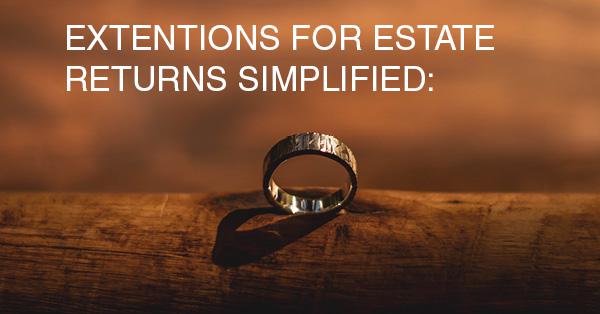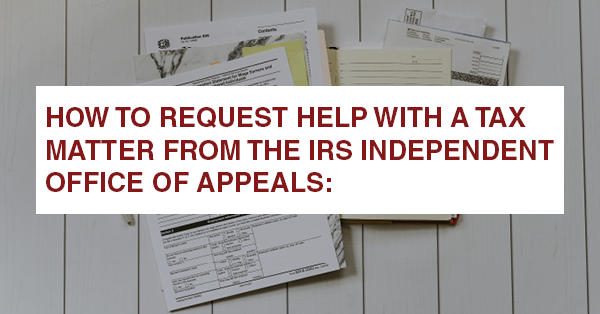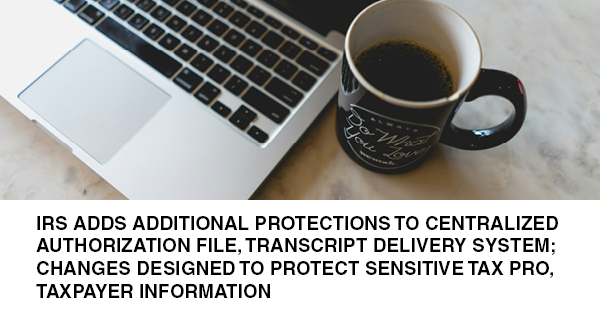EXTENTIONS FOR ESTATE RETURNS SIMPLIFIED:

The Internal Revenue Service has posted a revenue procedure to give widows and widowers the ability to file for an extension of time on a tax exclusion beyond the fifth anniversary of their spouse’s death.
Revenue Procedure 2022-32, released Friday by the IRS, provides a simplified method for certain estates to obtain an extension of time under Section 301.9100-3 of the Tax Code to file a return on or before the fifth anniversary of the decedent's death to elect portability of the deceased spousal unused exclusion (DSUE) amount.
The revenue procedure applies to estates that are not normally required to file an estate tax return because the value of the gross estate and adjusted taxable gifts is under the filing threshold in Section 6018(a).
The simplified method of this revenue procedure is available to the executor (either an appointed executor or, if none, a non-appointed executor, as provided in § 20.2010-2(a)(6)) of the estate of a decedent if:
(1) The decedent: (a) was survived by a spouse; (b) died after December 31, 2010; and (c) was a citizen or resident of the United States on the date of death.
(2) The executor is not required to file an estate tax return under § 6018(a) as determined based on the value of the gross estate and adjusted taxable gifts and without regard to the need to file for portability purposes;
(3) The executor did not file an estate tax return within the time required by § 20.2010-2(a)(1) for filing an estate tax return; and
(4) The executor satisfies all requirements of section 4.01 of this revenue procedure.
The procedure supersedes an earlier revenue procedure from 2017, Rev. Proc. 2017-34 and gives taxpayers a simpler method to get an extension of time to make a “portability” election under Section 2010(c)(5)(A) of the Tax Code. The portability election enables a decedent’s unused exclusion amount to become available for application to the surviving spouse’s subsequent transfers during life or at death.
Taxpayers can use the simplified method instead of going through the letter ruling process. No user fee is needed for submissions filed under the new procedure.




